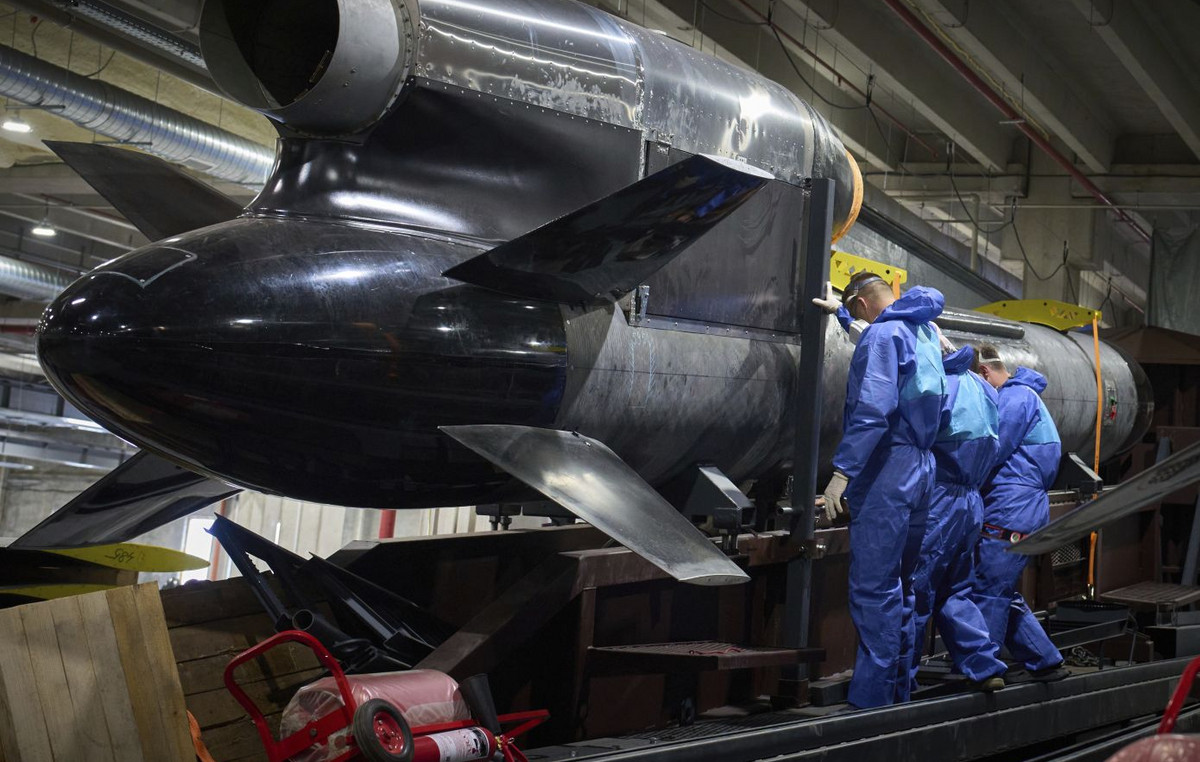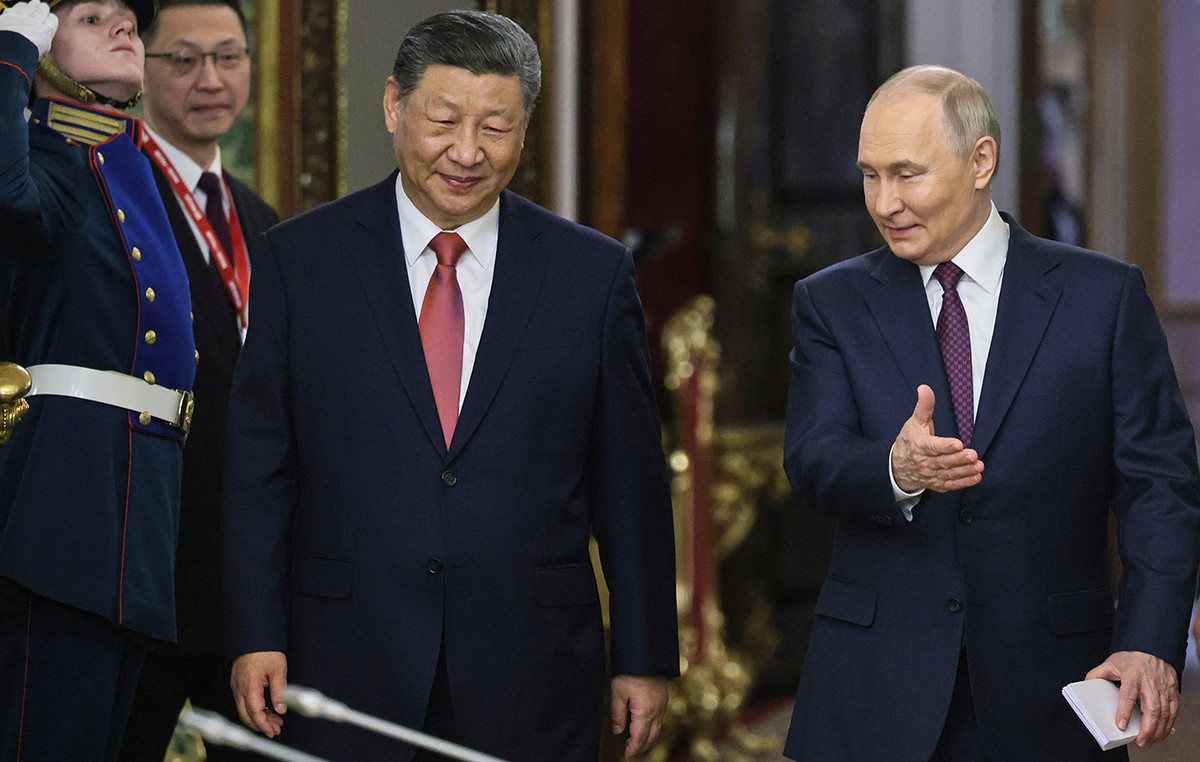The UK economy unexpectedly shrank in March at a rate of 0.1% as car sales slumped on account of supply chain problems, ending the first quarter of a year with a risk of recession weakly.
Gross domestic product (GDP) rose 0.8% in the first three months of 2022, the National Bureau of Statistics said, below the central bank’s 0.9% forecast and a 1.0% expectation in a Reuters poll.
Despite falling short of expectations, the expansion between January and March is expected to mark a high point for the year, in which consumer spending has seen the biggest squeeze in decades.
Last week, the Bank of England projected that inflation will rise above 10% in the last quarter of the year, from 7% in March and against a target of 2%.
“Our recovery is being affected by the barbaric invasion of Ukraine by Russian President Vladimir Putin and other global challenges, but we continue to help people when we can,” Finance Minister Rishi Sunak said after Thursday’s data release ( 12).
The UK, unlike its European neighbors, has limited direct economic ties to Russia, but is heavily impacted by the jump in energy prices in Europe.
On a monthly basis, GDP is now 1.2% above its pre-Covid level of February 2020. However, much of the recovery reflects higher healthcare spending — up 11% since the start of the pandemic — as consumer services are still 7% below their pre-Covid level.
In March alone, sales of cars and motor vehicles dropped 15.1%, leading to a 0.2% drop in overall service output.
Source: CNN Brasil
I am Sophia william, author of World Stock Market. I have a degree in journalism from the University of Missouri and I have worked as a reporter for several news websites. I have a passion for writing and informing people about the latest news and events happening in the world. I strive to be accurate and unbiased in my reporting, and I hope to provide readers with valuable information that they can use to make informed decisions.







